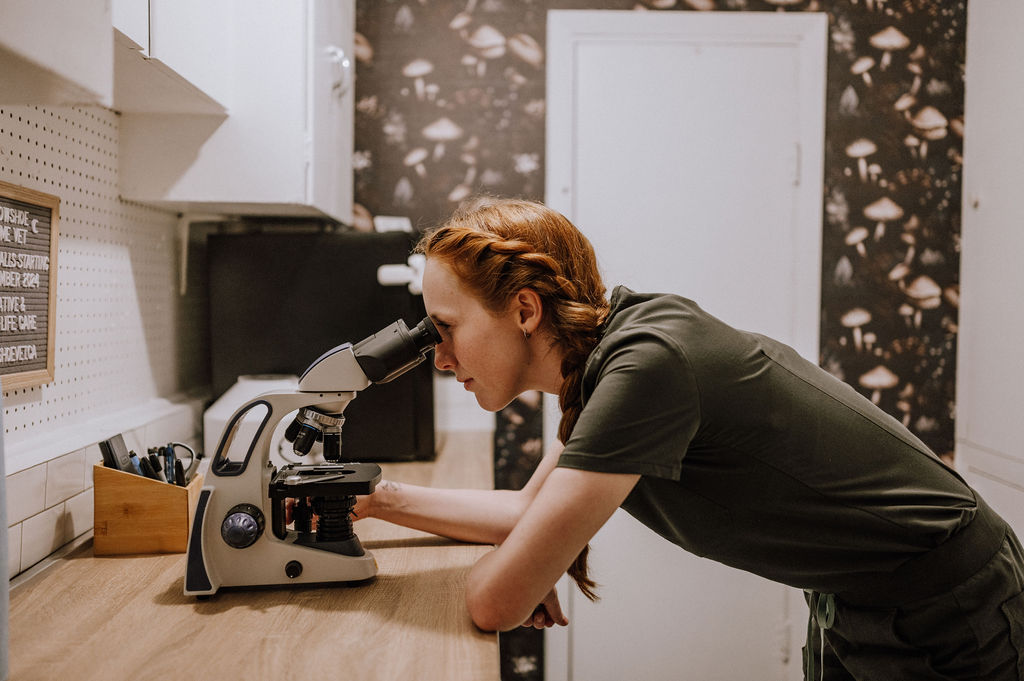
Bloodwork & Urinalysis
We offer blood testing for monitoring of chronic diseases. This includes thyroid bloodwork for dogs and cats, pancreatic blood testing, monitoring of blood and urine for cats with kidney disease. We can collect urine samples in the home through free-catch or ultrasound-guided cystocentesis. For pets who need a bit more special attention or sedation for blood collection, we can refer you back to your family veterinarian.
Blood Pressure Testing
We offer blood pressure monitoring in the home. This is especially important for senior cats. Hypertension (or high blood pressure) can make kidney disease worse, cause behavioural changes and shorten the lifespan of our pets. We use a doppler to measure blood pressure of pets in the home, which is considered the most accurate measurement of blood pressure when done in a relaxed setting.
Vaccine Antibody Titre Testing
We can collect samples in the home to submit for vaccine antibody titre testing in both dogs and cats. For dogs, we can test for distemper, adenovirus, parvovirus and rabies. In cats, we can test for panleukopenia, herpesvirus, calicivirus and rabies. Titre testing does not yet exist for bordetella (kennel cough) or feline leukemia (FeLV). Please note, we do not offer export rabies testing – this should be done through your family veterinarian who administered your pets’ rabies vaccinations.
Blood Vitamin Testing
For dogs being fed a home-cooked diet, or any dogs with chronic skin or gut issues, blood vitamin testing can be done in the home. Blood vitamin testing can be done to look at vitamin D levels, magnesium, folate and vitamin B12.
Fecal Testing
We can submit samples from your pets for fecal testing to look for things such as intestinal worms, parasites, bacteria and viruses.
Skin and Ear Cytology
We are able to collect small samples such as ear swabs or skin preps to look for infections. This allows us to make the best treatment decisions for pets.
Lump Testing
Fine needle aspirates and cytology can be collected in the home to test for small lumps or masses. This is done with a small needle and does not require sedation for pets who are comfortable with veterinary procedures. If the cytology tells us your pet needs surgical removal, we will likely refer you back to a general practice clinic.
